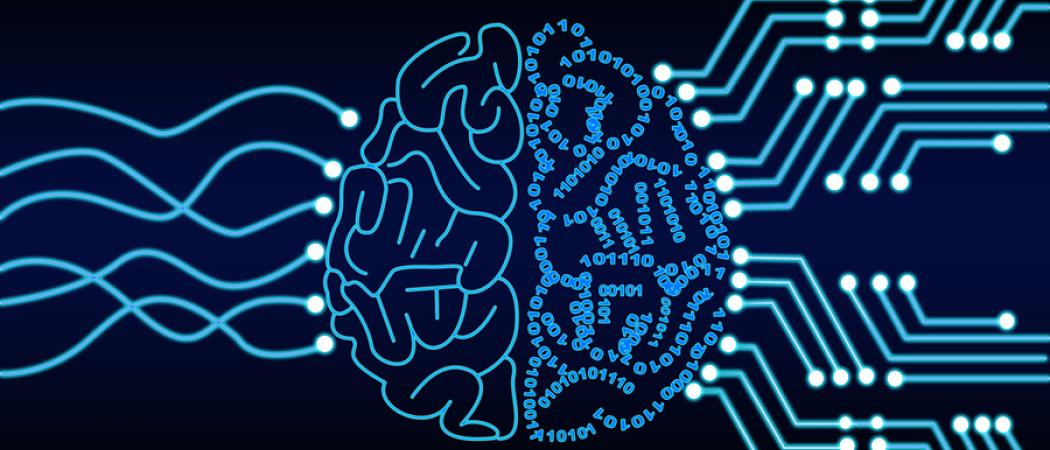The country is among the first in EU13 to take steps to establish a national strategy that expands the focus from artificial intelligence research to understanding the social impact of the technology

Slovenia has approved the establishment of an artificial intelligence (AI) research centre with the official backing of UNESCO and plans to convert the department of intelligent systems at the Jožef Stefan Institute in Ljubljana into a centre focusing on the governance and policies around AI.
In addition to conducting research, the centre will be open to stakeholders from around the world, offering policy support in drawing up guidelines and action plans for introducing AI technology in various fields. It will also run public consultations with the wider public on the impact of AI.
“It is going to be an open, transparent environment for policy makers and researchers,” a government spokesman told Science|Business.
Slovenia is among the first EU13 member states taking steps to establish a national AI strategy that, in addition to research, is also focusing on the societal impact of the technology. The government says Slovenia has most AI researchers per capita in Europe.
The new centre will retain the existing research staff and funding structure at the Jožef Stefan Institute, which currently has a yearly budget of around €500,000 coming from national and EU funds which covers basic operations and research. Researchers can also apply for additional research funding from other sources. However, under the new strategy, the topics addressed will be different, the spokesman said.
The set-up of the centre is on UNESCO’s agenda at its executive board meeting this month. An official decision on the establishment of the centre will be made in November at the UNESCO general conference in Paris.
UNESCO wants to take a lead in shaping the role of AI in society and seeks to establish itself as a key international broker in AI policy making. “The guiding principle of AI is not to become autonomous or replace human intelligence. But we must insure that AI is developed through a humanist approach,” UNESCO director general Audrey Azoulay told delegates at a conference on the principles of AI, held in Paris last month.
Editor’s note: This article was updated April 3 to better explain the funding structure of the centre.




 A unique international forum for public research organisations and companies to connect their external engagement with strategic interests around their R&D system.
A unique international forum for public research organisations and companies to connect their external engagement with strategic interests around their R&D system.